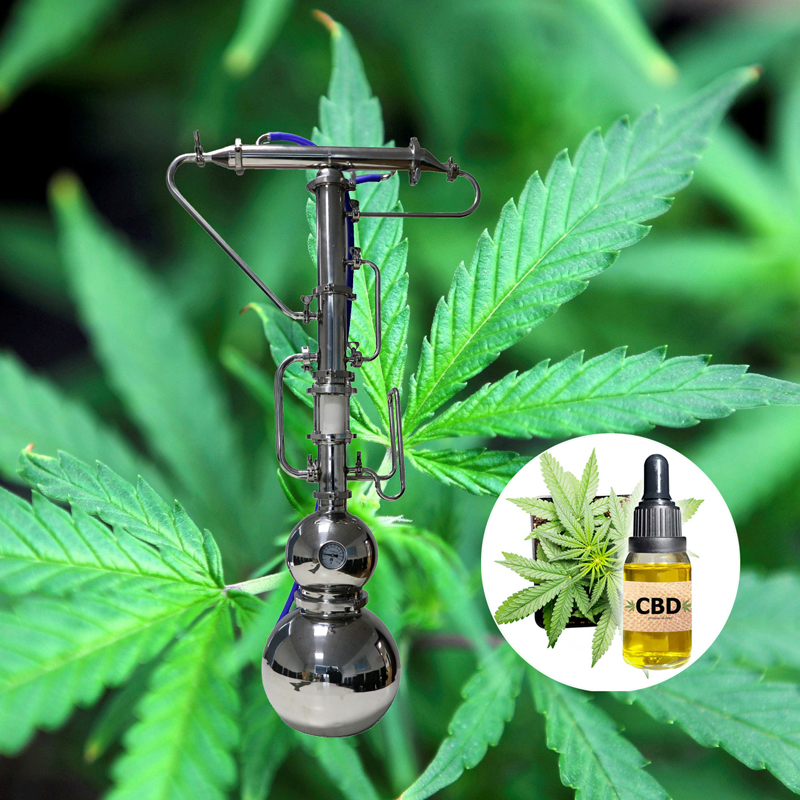It certainly seems to be a bit far-reaching for people to be taking CBD oil for something like Alzheimer’s disease, right? Maybe not. While it is true that there is no treatment for Alzheimer’s presently, there are Hemp Oil benefits for those with Alzheimer’s and memory loss, CBD gummies are just one of a hundred ways for people to be dosing themselves with CBD to help combat a myriad of chronic health symptoms.
While it isn’t a treatment or cure for anything, CBD has been shown in test after test to reduce inflammation, protect the neural pathways, improve focus and mental clarity, and even reduce the body’s reaction to pain. Let’s explore CBD in greater detail to help you understand how and why it works.
Alzheimer Patients Seek To Retain Memories For Longer
Patients who use CBD have been able to retain memories of faces for longer than those with Alzheimer’s disease who do not use CBD. This data has been collected through several studies that were focused on patients with age-related as well as early-onset Alzheimer’s.
Let’s start at the beginning. CBD is the acronym for cannabidiol, a cannabinoid found in cannabis plants that include both hemp and marijuana. Hemp and marijuana differ from each other in chemical composition. Hemp is naturally far lower in TCH (tetrahydrocannabinol) which is the psychoactive cannabinoid compound in marijuana that causes the head high for which it is so well-known.
For this reason, CBD has been legalized in all fifty states. It’s so low in THC that it cannot cause a high effect on the brain, while it retains most of the therapeutic benefits of cannabis. CBD can impact the body very beneficially because it interacts with the ECS. Yes, another acronym. This one stands for the Endocannabinoid System. It’s a body system that isn’t widely known but it is likely the most important. It wasn’t discovered until the 1990s, so it is just starting to get the attention that it deserves.
The ECS works as a supervisor over other body systems and is constantly working to maintain homeostasis in the body. In other words, it works to constantly ensure a harmoniously balanced body. If you’ve got a fever, you’re out of balance and the ECS kicks into high gear to get the body moving to get that fever under control.
The ECS is made of thee parts:
- Enzymes that work to break-up used cannabinoids and remove the waste from the body
- Receptors that bind with cannabinoids (there are two types – CB1 and CB2)
- Endocannabinoids are made within the body and fuel the ECS to work in the body.
Endocannabinoids bind to receptors that are located all over the body. They can be found on the exterior of cell walls, in areas where the cannabinoids are needed the most. When phytocannabinoids (cannabinoids from plants) are introduced into the body, they can work with the ECS in the same way and provide fuel to boos the system into high gear when help is needed.
CBD is one of these cannabinoids that works to employ the ECS and get it to perform tasks within the body that bring back balance by relieving pain and many other things… like preserving the memories of Alzheimer’s patients.
How Does CBD Help With Memories?
CBD is a neural protectant. What this means is that it protects the neural pathways from the breakdown that occurs in the normal aging process, as well as the deterioration of the myelin that happens when Alzheimer’s ravages the body.
When CBD enters the body, it travels the neural pathways where it seeks a receptor. The majority of these receptors are located within the brain and the spinal column. As the molecule travels, it coats the neural pathways with a protective coating that works like an armor plating. It protects the neural tissues from degrading and from attack.
This, in turn, aids in mental clarity and acuity. People are able to focus better on CBD and this is why those with ADHD love to use it. It promotes the retention of memories and the overall health of the brain and the pathways by which your memories are stored.
Alzheimer’s patients who use Hemp Oil early in diagnosis have been found to remember faces for longer. This disease robs people of their memories and even their own children and spouses become strangers to them. Each day is a new day and yesterday is forgotten. CBD has shown that it can help them to remember their loved ones for longer. It doesn’t stop the progression of the disease. It slows it down.
Aside from Alzheimer’s disease, CBD can also help reduce inflammation, reduce pain, ease digestive issues, regulate weight, improve appetite, promote healthy skin and hair, and much more. People with Epilepsy have used CBD with great success to reduce the number of seizures suffered and also to reduce the severity of the seizures when they do have one.
In fact, it proved so effective for Epilepsy that the FDA approved CBD as the primary active ingredient in the Epilepsy medication known as Epidiolex. This was the first drug to receive the FDA stamp of approval and it is likely that it will not be the last medication. More research is being done and currently for a multitude of potential uses for CBD.
No one should market CBD as a cure. At this time, there is a lot of evidence to show that it has the ability to enhance your life and promote better health. It can help you feel better. It will not heal you. It may help cancer from spreading if you’re undergoing chemotherapy and it may even help prevent the sickness and nausea that often accompanies this treatment.
When it is used in conjunction with traditional medication, it can often do incredible things. Whether you choose CBD to enhance traditional medications or to avoid complications from them, it can be an excellent choice for many reasons, Alzheimer’s disease is one of the many things that can be slowed down.








